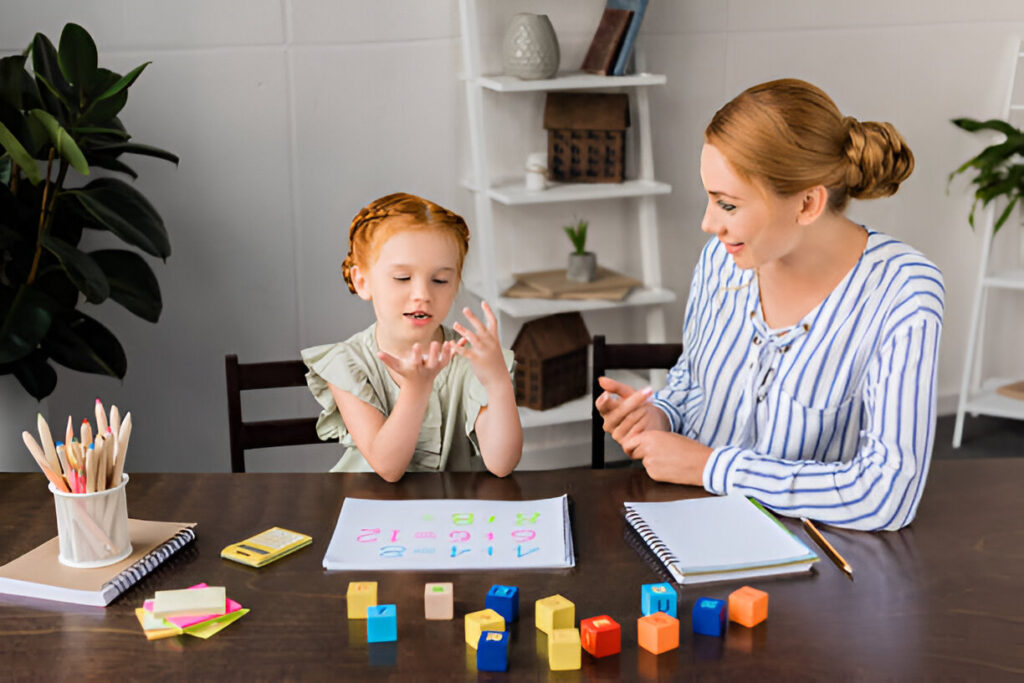Key Takeaways:
- Learn the importance of effective communication in co-parenting.
- Discover practical strategies to improve dialogue with your co-parent.
- Understand the benefits of using technology to facilitate communication.
- Identify common challenges and how to overcome them.
The Importance of Communication in Co-Parenting
Effective communication is the cornerstone of successful co-parenting. It minimizes misunderstandings and conflicts, making it easier to focus on the child’s best interests. For co-parents seeking comprehensive family law solutions available, communication is pivotal in ensuring a stable environment for their children. When both parents maintain open, honest, and respectful lines of communication, they create a supportive environment for their child.
This unity is essential in providing a sense of security and consistency, which is crucial for the child’s emotional and psychological well-being. Effective communication helps address issues promptly and collaboratively, preventing misunderstandings from escalating into larger conflicts. By prioritizing communication, co-parents can establish trust and mutual respect, which are indispensable for long-term co-parenting success. This approach also helps children understand that, despite their parents living separately, both individuals are equally invested in their well-being.
Strategies for Better Dialogue Between Co-Parents
Developing strategies for better dialogue can significantly improve co-parenting relationships. The following strategies can be especially effective:
- Keep conversations child-focused: Prioritize the child’s needs and well-being during discussions. This helps both parents stay on the same page and ensures that the child’s best interests are always at the forefront of any conversation. For example, instead of arguing about past grievances, focus on upcoming events or decisions that need to be made regarding the child’s education or health.
- Maintain a neutral tone: Using a calm and composed manner helps prevent arguments and keeps the focus on finding solutions. It’s essential to approach these conversations with a sense of maturity and a genuine desire to work together for the child’s benefit.
- Use “I” statements: Express feelings without blaming. For example, say, “I feel concerned when…” instead of “You always…” This approach helps communicate personal feelings and concerns without making the other person feel attacked or defensive. It encourages a more constructive and empathetic dialogue.
- Establish regular meetings: Meet consistently to discuss the child’s progress, schedules, and concerns. Having a set time for these discussions can help manage expectations and ensure that both parents are regularly updated on the child’s well-being and any developments in their lives. This practice also fosters a sense of routine and reliability, which can comfort parents and children.
Using Technology to Facilitate Communication
Technology can be an excellent tool for improving co-parenting communication. Co-parenting apps and shared calendars keep both parties updated on schedules and important events, reducing miscommunication and ensuring both parents are on the same page. These tools offer features like messaging, expense tracking, and document sharing, streamlining communication and organizing co-parenting responsibilities. Such technological aids can also provide a platform for documenting agreements and decisions, which can be referred to in case of future disputes.
Utilizing technological solutions helps co-parents reduce conflicts and misunderstandings, fostering a more cooperative relationship. Additionally, these apps can enhance transparency between co-parents, ensuring that both are equally informed about all aspects of their child’s life.
Overcoming Common Communication Challenges
Challenges in co-parenting communication are inevitable, but they can be overcome with patience and persistence:
- Respect differing parenting styles: Understand that each parent may have a different approach and find a balance that works for both parties. It’s important to acknowledge and respect each other’s parenting styles and find common ground. Co-parents can create a more cohesive and harmonious parenting approach by focusing on shared goals and being open to compromise.
- Manage emotional triggers: Be aware of topics or situations that may provoke strong emotions and prepare for them by taking a few moments to compose yourself. Recognizing your emotional triggers and developing strategies to manage them effectively is crucial. This may include taking a break from the conversation to cool down or using relaxation techniques such as deep breathing or mindfulness to stay calm and focused.
Seeking external support can provide an objective perspective and help co-parents develop healthier communication patterns. Therapists can offer strategies and tools to navigate challenging conversations, ensuring both parents can communicate more effectively in the long term.



